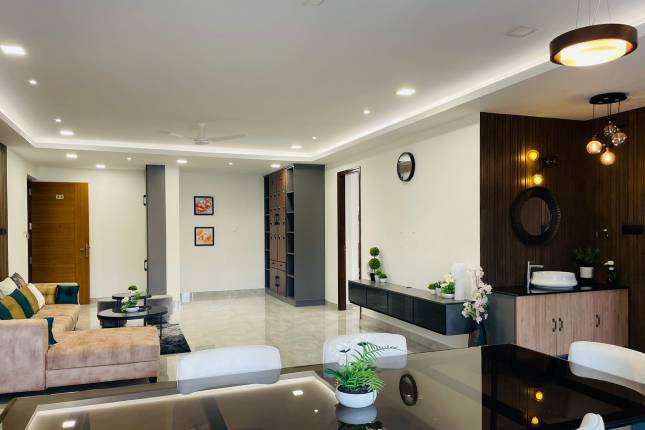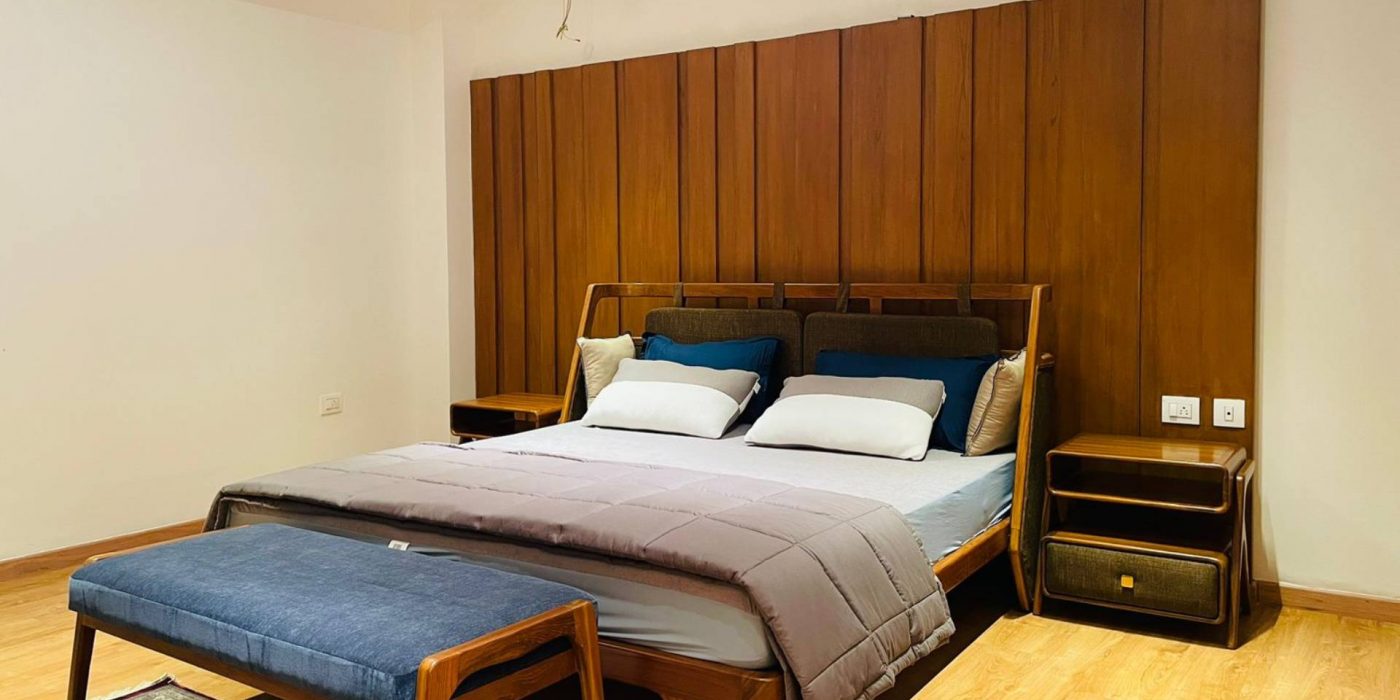The COVID-19 pandemic has made one realise the value of real estate as an asset class, which is more reliable, as compared to the volatile and risky stock market. Moreover, interest rates have reduced, making it favourable for people who are looking to take home loans .Besides this, many developers are offering discounts and this lures the potential home buyer as he can strike a better deal.
While buying a property is no easy task, another decision that compounds the dilemma for home buyers, is whether to choose a ready-to-move-in house or an under-construction one. While there are advantages and disadvantages to both options, the choice will depend on various aspects like, what the buyer is looking for, his needs/requirements an whether one is buying for investment or end-use.
Points to consider, while choosing a ready-to-move-in property
Choosing a ready-to-move-in flat, helps the buyer to avoid costs associated with living in a rental accommodation and the long wait in big cities, for an under-construction project to be completed. It also gives the home buyer a sense of security. Moreover, the buyer can check the neighbors and the infrastructure in the vicinity of the house, before buying the property.
In a ready-to-move-in house, a buyer gets what he sees. There is no risk of potential changes in the future. The construction quality of the project, social and physical infrastructure and home loan eligibility can also be ascertained, before the purchase of such units. Moreover, there is no risk of delays and escalating costs, when it comes to ready-to-move-in homes.
See also: RERA and GST impact: Buyers prefer OC-ready projects
With lockdowns, restrictions on construction and shortage of laborers, construction has been affected. This has led home buyers to choose ready-to-move-in units, fearing delays in under-construction projects. Also state real estate authorities have extended the completion deadlines of under-construction projects. According to the Real Estate Act (RERA), the registration granted for a project can be extended by a year, under the force majeure clause. During such delays, developers are not required to pay compensation for deferment.

Manish Kadam, an assistant account manager in a media agency, who bought a house in Virar, in Mumbai, states that the best part of buying a readymade house, is the absence of a waiting period. “There is a lot of inventory in the real estate sector, which gives the home buyer a broad choice of location, configuration and low risk, as the ready-to-move-in segment has no construction delays. The GST (Goods and Services Tax) is also applicable on under-construction properties. So, even if one books an apartment, where the builder asks for 10 per cent and the balance after possession, one will still have to pay GST on the full amount,” points out Kadam.
However, the disadvantage of a ready-to-move-in house, is that it usually has a higher price than an under-construction property. Hence, it may not be an ideal choice from an investment and appreciation potential standpoint. Moreover, the buyer will not have the flexibility to choose the floor or configuration, as compared to an under-construction property.

